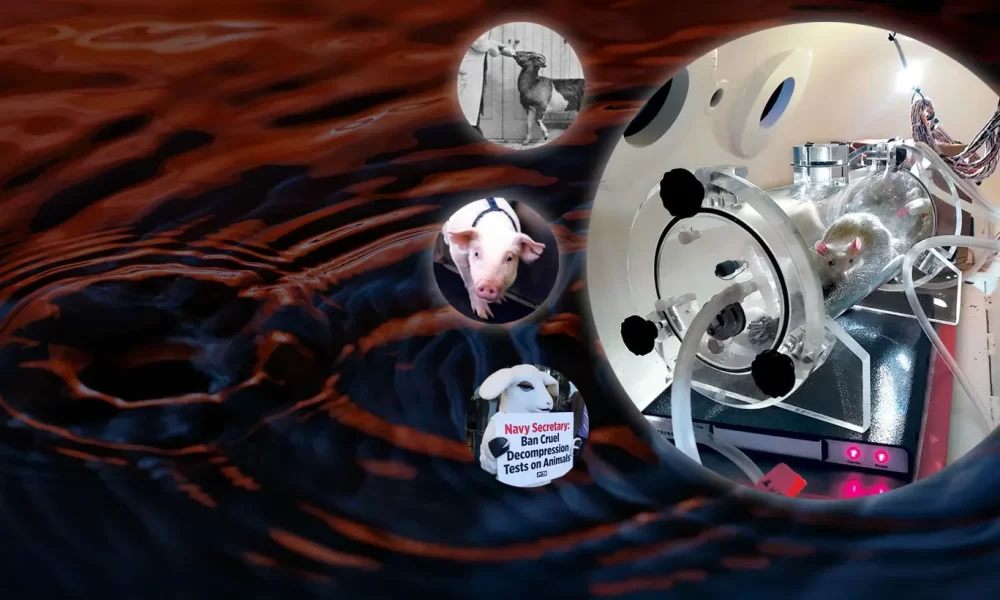
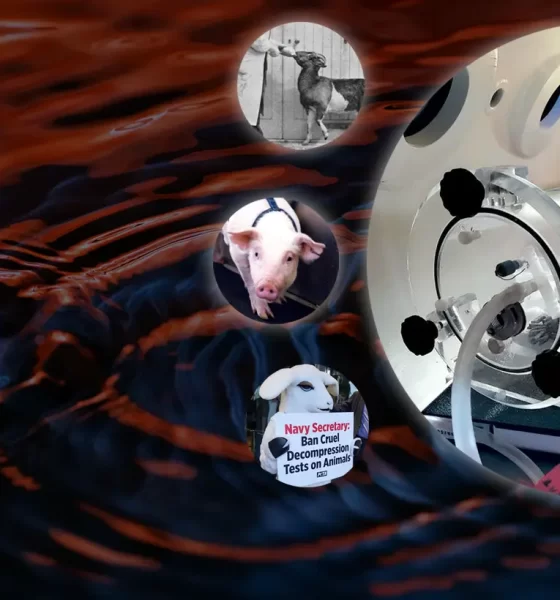
Historically, much of what we know about decompression and oxygen toxicity has been the result of animal research. Today however,...
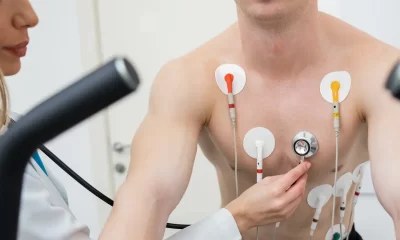

by Douglas Ebersole, MD. Photos courtesy of Watson Clinic, Lakland, FL. Surprisingly, the proposal that rebreather divers 45-years and up have an annual cardiac health evaluation...
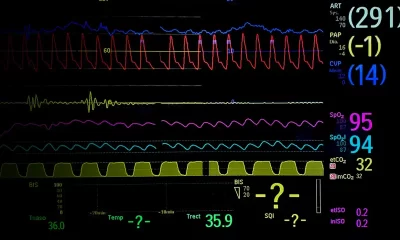

By Ashley Stewart CO2 is a dangerous gas, which is why monitoring rebreather CO2 levels is important. VR Technology’s Kevin Gurr introduced the first gaseous CO2...
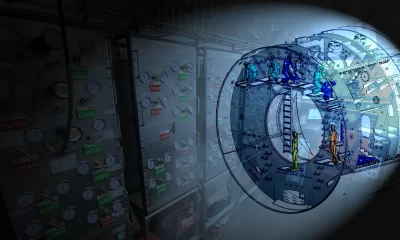

Deep tunnel boring workers are the modern equivalent of compressed air caisson workers—the poor souls who discovered the bends. Jump to modern day: During a job...
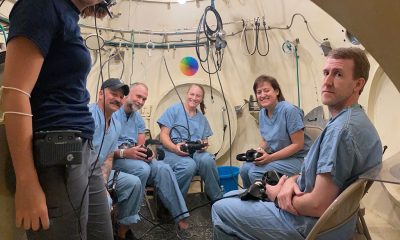

Interview by Tim Blömeke. Images courtesy William Howell unless otherwise noted. Special thanks to Duke consulting professor and biomedical engineer Dr. Rachel Lance who suggested this...
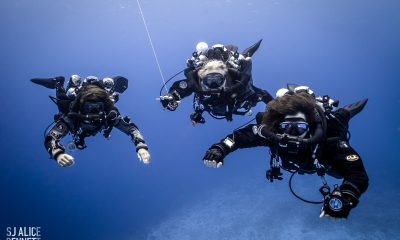

Divers still seek comfort in the notion of the “underserved” hit to explain unexpected incidents of decompression sickness. “Hey, my computer said I was fine.” NOT....
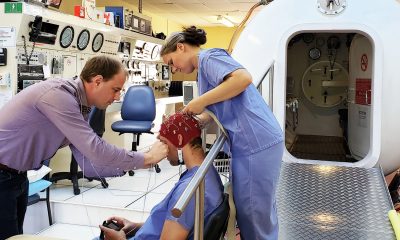

There’s been a long running debate as to whether oxygen is a narcotic diving gas. Training agencies CMAS, GUE, PADI and PSAI include O2 in their...
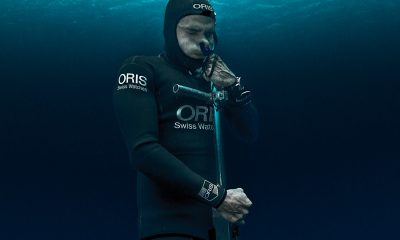

Decompression sickness (DCS) is a known risk for compressed gas divers, but until recently it wasn’t on the radar for their breath-hold counterparts. However, as a...